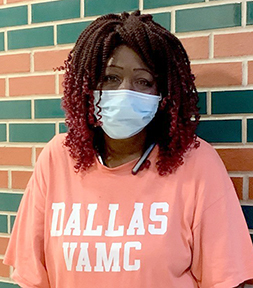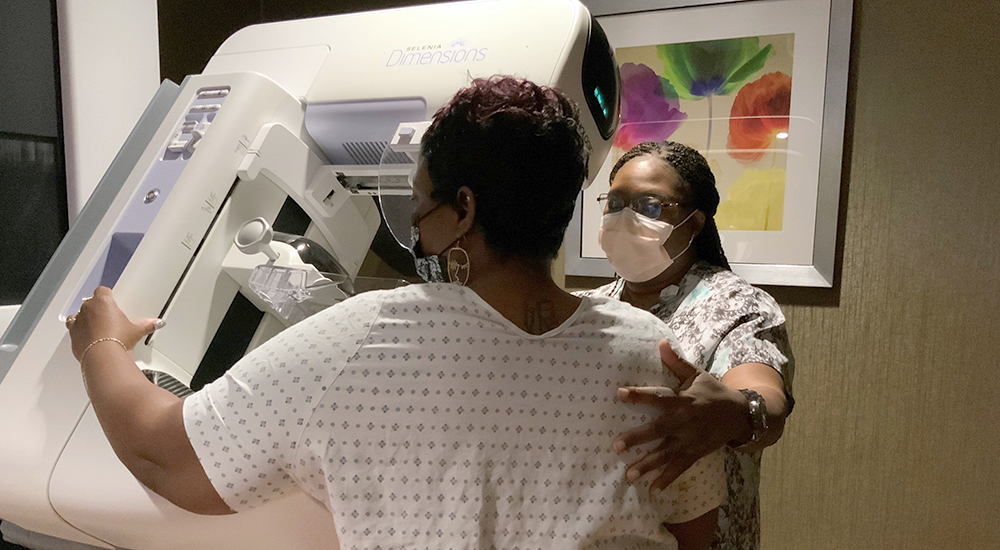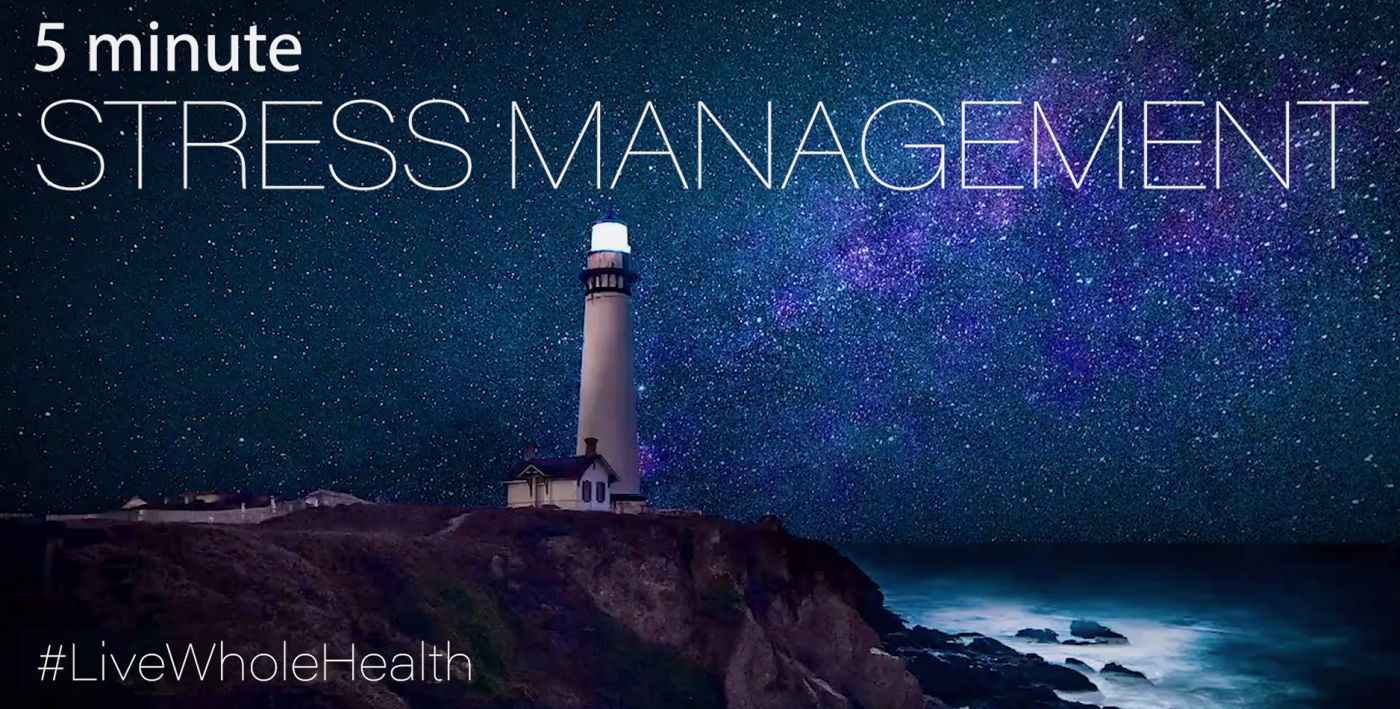In the early months of the COVID-19 outbreak, medical facilities across the United States were forced to suspend annual preventative care screenings and elective procedures to preserve medical resources and prevent spread of the virus. VA was no different.
Navy Veteran and VA employee Amanda Lewis receives her health care through the North Texas VA Healthcare System. When the system temporarily reduced its services during the beginning of the pandemic, she was worried about her yearly mammogram and its importance based on her family history.

Navy Veteran and VA social worker Amanda Lewis made her yearly mammogram a priority despite delays due to COVID-19 precautions.
“I was extremely anxious because of my family’s history with cancer,” she said. “I have two cancer survivor sisters along with my mother and my aunt. It was important to me that I stay on top of my screenings.”
October appointment slipped to February
Lewis, a long-time VA North Texas patient, became concerned when her original October mammogram appointment slipped to February due to modified COVID-19 prevention measures. It was during this time that one of her cancer survivor sisters was diagnosed with breast cancer for a third time.
“I really became edgy about my wait when I got this news,” she said. “Not knowing took a toll on me mentally. I kept thinking, What if?”
Mammogram screening recommendations
VA recommends that women who are 45 to 74 years old, and are at average risk for breast cancer, get a mammogram every two years. Women who are 40 to 49 years old should talk to their doctor about when to start and how often to get a mammogram.
“It’s critical that patients who became overdue for screenings like mammograms, pap smears, colonoscopies, or any other preventative testing, get those scheduled or rescheduled as soon as possible,” says Leslie Snowden-Crawford, Women’s Veterans program manager. “At VA North Texas, we’ve worked very hard to keep everyone on schedule. We reach out to those few who are still behind and get them in as soon as possible.”
Lewis’ February exam came back negative. She considers herself truly fortunate for VA and her results.
Advice for all women Veterans: Get checked!
“Being a VA social worker, I need to be fully dialed in to the needs of my fellow Veterans. Knowing that I can cancer-free puts my mind at ease.”
Based on her service as a Veteran and VA employee, Lewis has a recommendation for all Veterans: “Don’t put off your screenings and treatments because you’re afraid of getting COVID-19. Get checked and get the care you earned and need.”
Yolonde Rocio is a public affairs specialist for VA North Texas Health Care System.
Topics in this story
More Stories
Ignoring challenging emotions can negatively impact our health. Breathe through worry, anger and sadness in 5 minutes with this week's #LiveWholeHealth practice.
Gulf War Illness committee provides advice to the VA Secretary. Meetings can be attended in person or virtually.
VA permanently housed 47,925 homeless Veterans in fiscal year 2024, exceeding its goals for the third year in a row.







I don’t think that the vets medical is very good about appointments. I love i San Diego where we have a San Diego vet center but getting an appointment is hard. I think they need to build many more centers.
Wow, I’ve been trying to schedule a colonoscopy for over a month now. It’s not a screening — I’m having a serious GI problem. I have a doctor’s consult, and still no appointment. Nothing is available at the VA, and now I’m waiting (and waiting, and waiting) for an appointment through the Mission Act. It’s not nearly as easy as you make it seem to schedule ANYTHING through the VA.